The Aluminium Extrusion Manufacturers Association of India (ALEMAI) has called for urgent measures to strengthen domestic consumption of aluminium extrusion products, warning that continued reliance on imports is undermining the sector’s competitiveness and exposing it to global tariff shocks.
India’s aluminium extrusion industry has an installed capacity of 3 million tonnes per annum, but utilisation remains at just 1.2 million tonnes. Imports account for more than 1.5 million tonnes, largely due to price differences, Free Trade Agreement (FTA) concessions, and duty-free access to value-added products under multiple HSN codes. ALEMAI believes that unless safeguards are introduced, MSMEs will continue to face existential challenges.
Jitendra Chopra, President of ALEMAI, said, “If the government supports MSMEs by removing aluminium extrusion downstream value-added products from FTAs and ensures fair safeguards against cheap imports, India can emerge as a global leader in aluminium extrusion.”
In solar sector, aluminium is primarily used in PV panel frames and mounting structures. Aluminium solar panel frames—aluminium extrusions with anodized coating—provide structural support and protection for solar modules.
Chopra said, “Currently, India imports nearly 400,000 tonnes of pre-fabricated solar panel frames annually. While anti-dumping duties have been imposed on imports from China, Chinese manufacturers are reportedly circumventing these measures by making minor value additions—such as drilling holes—thereby reclassifying the products to escape duties under renewable energy product categories.
“A year ago, imported aluminium frames met 95% of the domestic solar panel manufacturing demand. Despite a significant ramp-up in local manufacturing capacity, imports still account for about 75% of total demand.”
“In addition, Chinese material is being rerouted through ASEAN countries with minimal processing to exploit zero-duty access under FTAs,” Chopra added.
Aluminium extrusion facilities are present all over the country, but under-utilisation persists due to import pressures, high and volatile raw material prices, and production delays. ALEMAI stated that addressing these issues could unlock a significant growth opportunity for the aluminium extrusion sector—not just in solar, but also in infrastructure, construction, and automotive industries. Renewable energy expansion, particularly solar, offers new avenues for growth.
ALEMAI is organising ALUMEX India 2025, the country’s first dedicated aluminium extrusion exhibition, to highlight these opportunities and challenges. The event will take place from September 10-13 at Bharat Mandapam in New Delhi and will bring together more than 200 exhibitors and attract over 15,000 business visitors from across the aluminium value chain, including policymakers, MSMEs, large manufacturers, and global buyers. With participation from leading Indian and global players, ALUMEX India 2025 aims to strengthen the aluminium extrusion ecosystem and position India as a global manufacturing leader.
The event will feature sessions on technology localisation, green extrusion practices, and MSME policy support. It will also examine the impact of FTAs, anti-dumping measures, and the role of production-linked incentives (PLI) in expanding India’s aluminium footprint.
ALUMEX India 2025 is supported by Hindalco, Vedanta, Commerce Ministry, JNARDDC (an autonomous body under the Ministry of Mines), Yantra India Ltd, and EEPC-India, Ministry of MSMEs.
This content is protected by copyright and may not be reused. If you want to cooperate with us and would like to reuse some of our content, please contact: editors@pv-magazine.com.
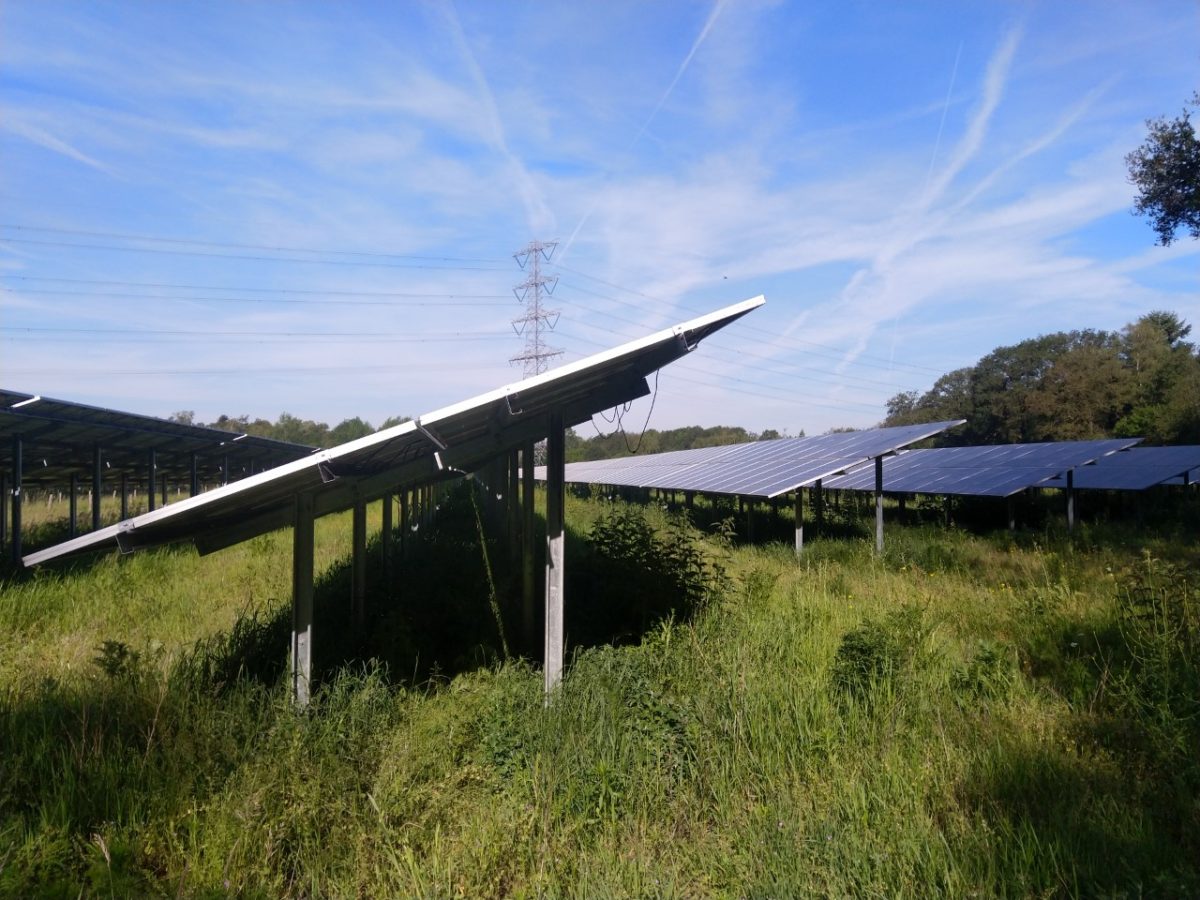
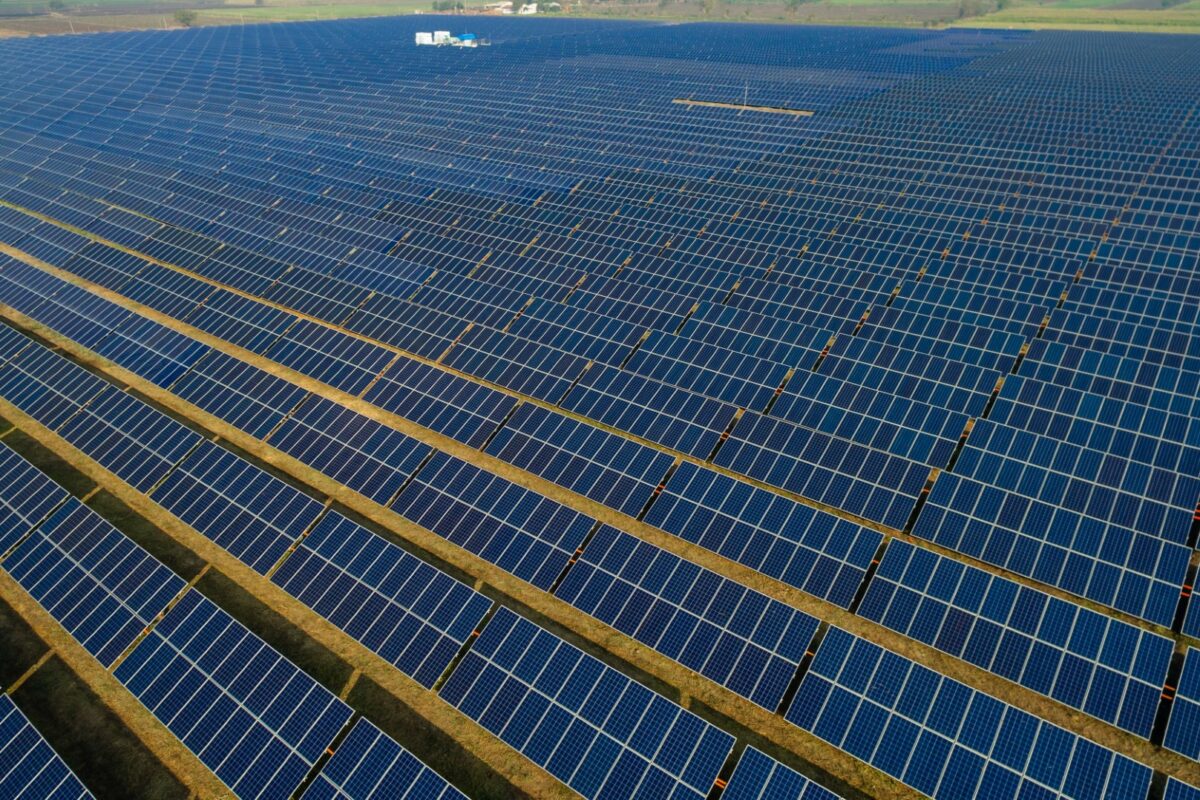


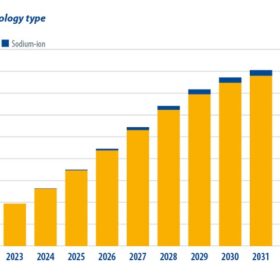
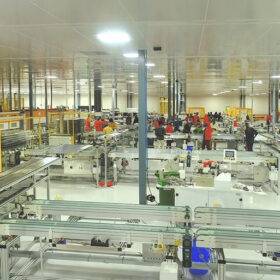
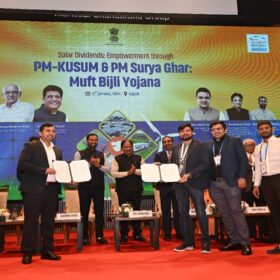
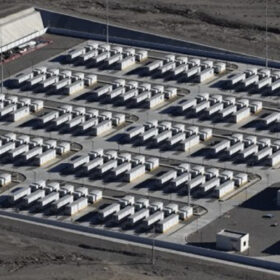

By submitting this form you agree to pv magazine using your data for the purposes of publishing your comment.
Your personal data will only be disclosed or otherwise transmitted to third parties for the purposes of spam filtering or if this is necessary for technical maintenance of the website. Any other transfer to third parties will not take place unless this is justified on the basis of applicable data protection regulations or if pv magazine is legally obliged to do so.
You may revoke this consent at any time with effect for the future, in which case your personal data will be deleted immediately. Otherwise, your data will be deleted if pv magazine has processed your request or the purpose of data storage is fulfilled.
Further information on data privacy can be found in our Data Protection Policy.